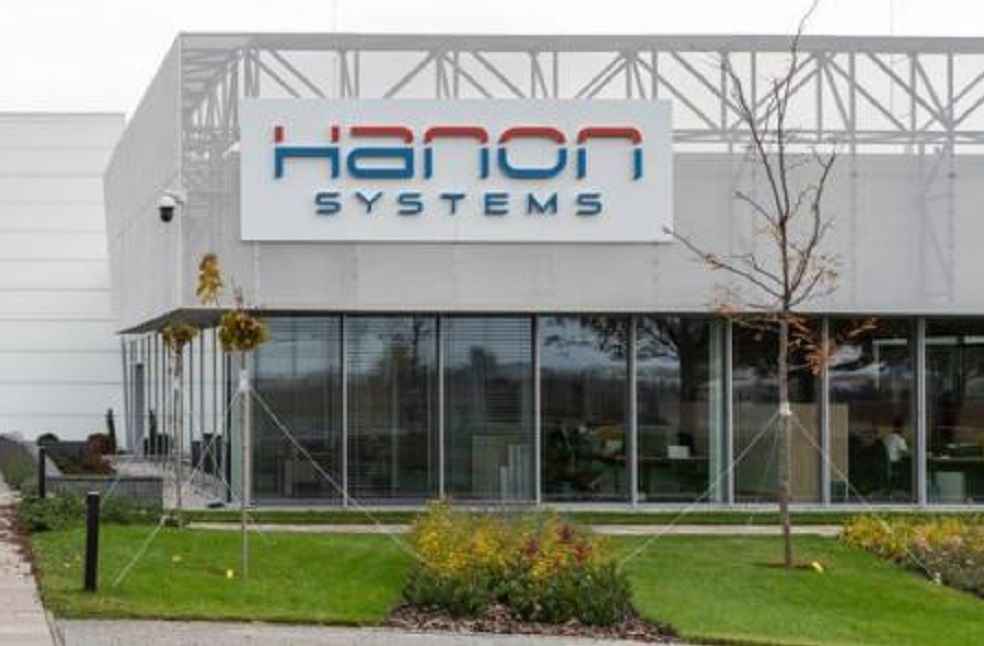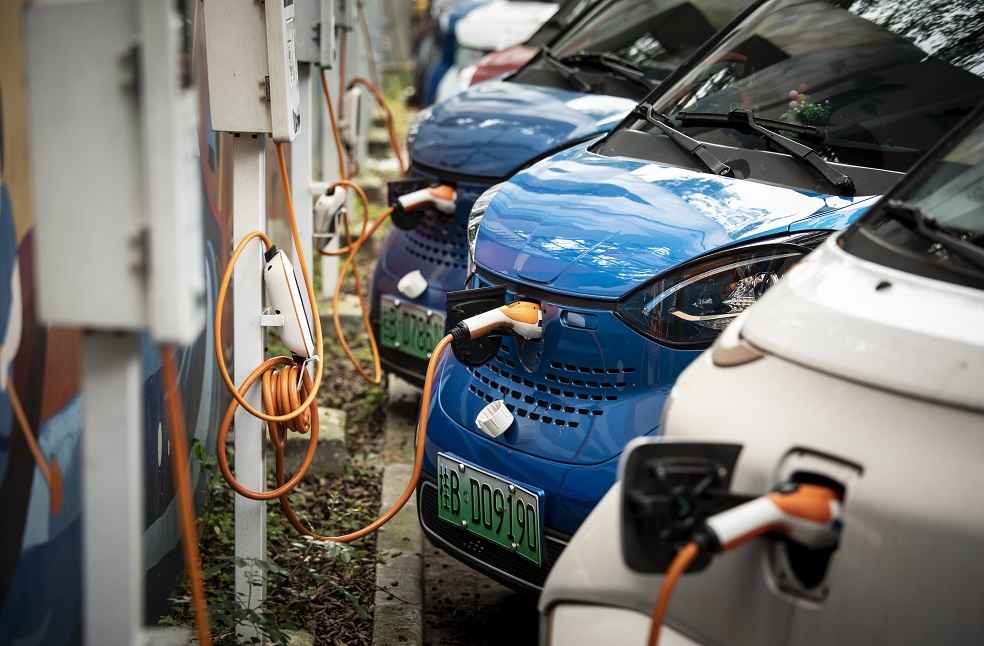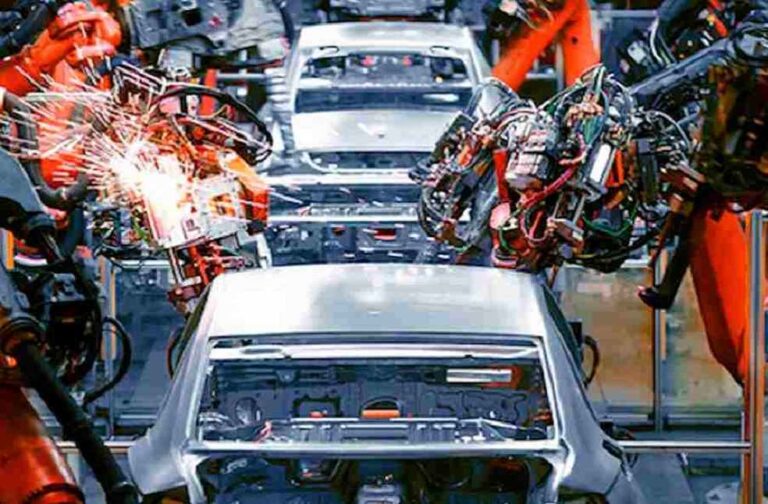Korean auto parts and electronics firms are increasingly shifting their focus to the United States, following the trend set by global automakers such as Hyundai, Volkswagen, and Ford. These major auto brands are setting up new electric vehicle (EV) production bases primarily in North America, driving the corresponding suppliers, including secondary providers, to follow suit with increased investments and employment in the region. This trend has sparked concerns around the Korean auto industry ecosystem and deepening polarization in the parts industry.
Tennessee, a U.S. state, publicized on August 1st (local time) the commitment from Hanon Systems, a global leader in automotive thermal management parts, to invest $170 million in constructing an EV thermal management system factory. This facility, located in eastern Loudon County, marks a significant expansion for the company formerly known as Halla Climate Control. Hanon Systems specializes in automotive heating, ventilation, air conditioning (HVAC), powertrain cooling, and heat pump systems. Its U.S. investment comes on the heels of a previous US$40 million investment in a Georgia factory last May.
Governor Bill Lee, representing Tennessee, welcomed this latest investment, asserting it would result in the creation of more than 600 jobs. “Hanon Systems’ investment will create over 600 new jobs,” Governor Lee affirmed. On a similar note, LG Magna e-Powertrain, a notable supplier to Ford, has confirmed their investment plan of $790 million, aiming to establish a factory in Tennessee and create jobs for 1,300 people.

Such strategic moves anticipate the activation of global automakers’ North American EV factories around 2024-2025. The new factories aim to meet increasing demands for bundled modules and systems instead of individual parts. Thus, relocation to the U.S. seems inevitable for these parts companies to align their operations with local automakers.
Considering the period from 2021 to 2025, the total North American investment by Korean automobile, parts, battery, and tire companies is projected to exceed $14.26 billion and could surpass the $15 billion threshold. A cadre of Korean companies, encompassing LS ELECTRIC, Ajin Industrial, Seowon America, and SECO ECOPLASTIC, have pledged robust investments in the U.S.
Nonetheless, industry cognoscenti voice concerns about an impending ‘hollowing out’ of the domestic EV industry ecosystem due to the concentration of new investments in the U.S. by automakers, battery companies, and mid-sized parts companies. Small and medium-sized parts companies are under increasing pressure from the transition to electrification, disruption of existing trade lines, and rising logistics costs.

Kang Nam-hoon, chairman of the Korea Automotive Industry Alliance, underscores the necessity of preserving domestic investment. Kang asserts, “To enhance the competitiveness of parts companies during the future car transition period, the continuation and expansion of the domestic future car production base investment incentive system is necessary.”
As the global landscape pivots to electric vehicles, Korean auto parts, and electronics companies must navigate carefully. A calculated investment strategy could help maintain equilibrium in the industry, ensuring sustainability and forestalling further polarization.
EV WORLD | EVolity Debuts: New Era in Commercial EV Fleet Management





